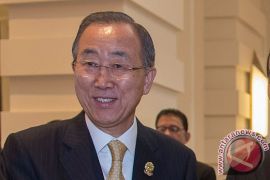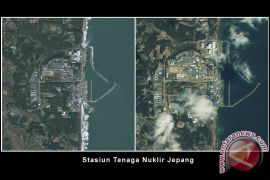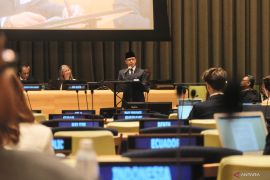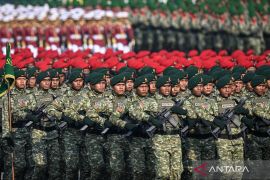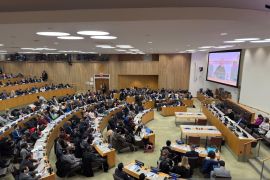In his message to mark the International Day against Nuclear Tests, to be observed on Aug. 29 each year, the UN chief said that "the history of nuclear testing is one of suffering, with the victims of more than 2,000 nuclear tests often from the most vulnerable communities of the world."
"The devastating consequences, which were not confined by international borders, encompassed impacts on the environment, health, food security and economic development," he said.
According to Xinhua, since the end of the cold war, a "robust norm" has developed against nuclear testing, "violated by only one state this century," the UN chief said, noting that "the strength of that norm has been validated by the international community`s overwhelming condemnation of each violation."
"Nevertheless, the restraint displayed through voluntary moratoria cannot replace a global, legally binding ban on nuclear testing," he said, adding that the Comprehensive Nuclear-Test-Ban Treaty has an essential role within the nuclear disarmament and non-proliferation regime.
"It fosters international peace and security by constraining the development of nuclear weapons. Our collective security demands that every effort should be made to bring this essential treaty into force," said the UN chief.
The International Day against Nuclear Tests is observed on Aug. 29 each year, but it was established on Dec. 2, 2009 at the 64th session of the UN General Assembly by the resolution 64/35, which was adopted unanimously. The resolution was initiated by Kazakhstan together with several sponsors and cosponsors to commemorate the closure of the Semipalatinsk Nuclear Test Site on Aug. 29, 1991.
Reporter: Antara
Editor: Chaidar Abdullah
Copyright © ANTARA 2018


